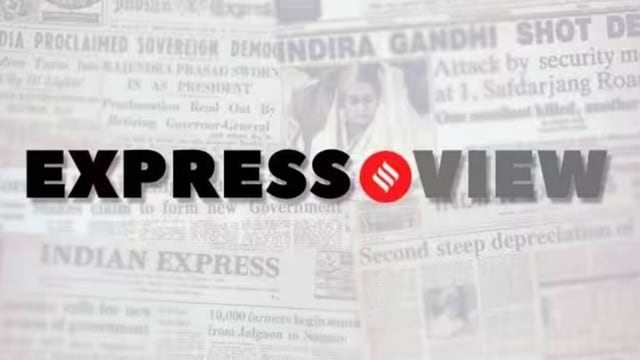
The International Crimes Tribunal (ICT), established by the Sheikh Hasina government in 2009 to prosecute those accused of atrocities during the 1971 Bangladesh Liberation War, is now set to deliver its verdict next week — in a case against the ousted prime minister herself. Beyond this twist, the trial has raised questions. Earlier this year, the ICT indicted Hasina and two others on five charges, including crimes against humanity. A closer look at the tribunal reveals that none of the three presiding judges has experience in international law and at least one of them has well-documented ties to the Awami League’s main opponent, the Bangladesh Nationalist Party. Concerns have also been raised that, with all the judges being from Bangladesh and given the prevalent anti-Awami League sentiment, the verdict may well be foretold.
In the run-up to the verdict on November 17, the Awami League has called for a nationwide lockdown, while Hasina remains in an undisclosed location in India. In an email interview to this newspaper Wednesday, she claimed that her government had allowed students to protest freely during the anti-quota agitation last year, but that “radical elements” and “foreign mercenaries” hijacked the movement, turning it violent. The former PM would do well to recall the widespread resentment her government faced over joblessness and corruption allegations at the highest levels long before the July uprising. Acknowledging her own failures and her government’s overreach is the first step towards the political comeback she has spoken of.